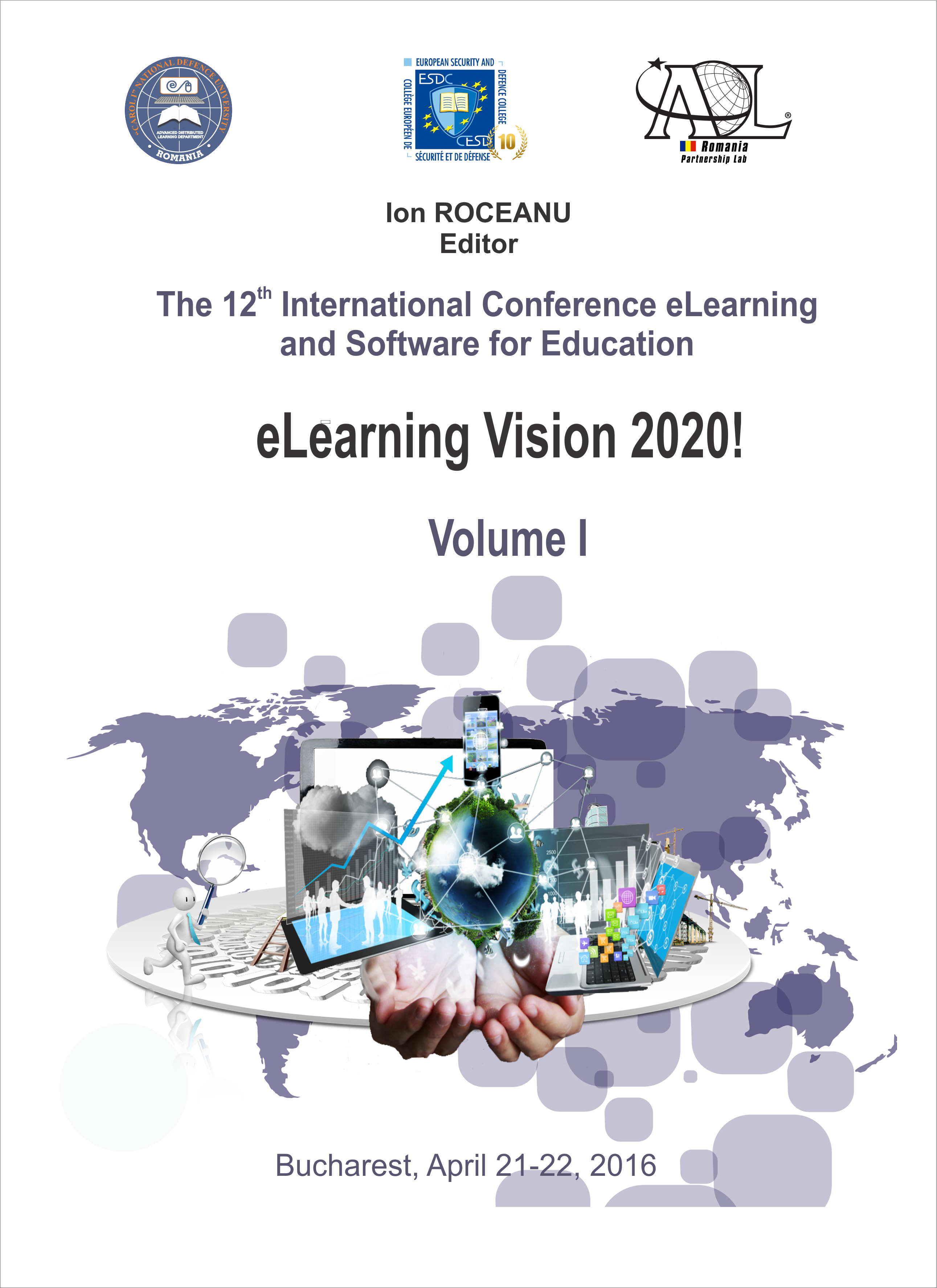INCREASING ORGANIZATIONAL INTELLIGENCE - A TECHNOLOGY-BASED LEARNING MODEL
INCREASING ORGANIZATIONAL INTELLIGENCE - A TECHNOLOGY-BASED LEARNING MODEL
Author(s): Teodora Dobre, Florentina HăhăianuSubject(s): Military policy, ICT Information and Communications Technologies
Published by: Carol I National Defence University Publishing House
Keywords: organizational intelligence; learning; intelligence and military domain/field; technology-based model;
Summary/Abstract: The complexity of the international system, which can be explained by the high number of variables which interact and influence each other, determines a context in which security becomes an objective more difficult to attain. Thus, the organizations responsible with maintaining security are placed under the sign of constant adaptation and reform. Formally referring to this ability of managing the outward complexity generated by the security environment as being ,,organizational intelligence", the present paper focuses on analyzing the process through which intelligence and military organizations learn to adapt. The first part of the paper explains the concepts of complexity and organizational intelligence, identifying the core elements that need to be addressed when discussing about institutional transformation and adaptive response. The conclusions indicate that increasing the level of organizational intelligence and the capabilities of spontaneous adaptation on the long term implies the development of an innovative teaching methodology. The evidence gathered from theoretical research indicates that the technological advancements provide a formal apparatus for dealing with complex systems and using technology within the educational processes has the potential of enhancing the efficiency and competitiveness of the organization. The second part of the paper focuses on the sustained efforts made by the intelligence and military organizations from Romania and abroad to build technology-based models for learning. Subsequently, the paper proposes an innovative model for training future intelligence practitioners, advancing the idea of using virtual reality software that replicates, through modeling and simulation, real events and situations, thus helping trainees to contextualize their learning experience.
Journal: Conference proceedings of »eLearning and Software for Education« (eLSE)
- Issue Year: 12/2016
- Issue No: 01
- Page Range: 77-82
- Page Count: 6
- Language: English

